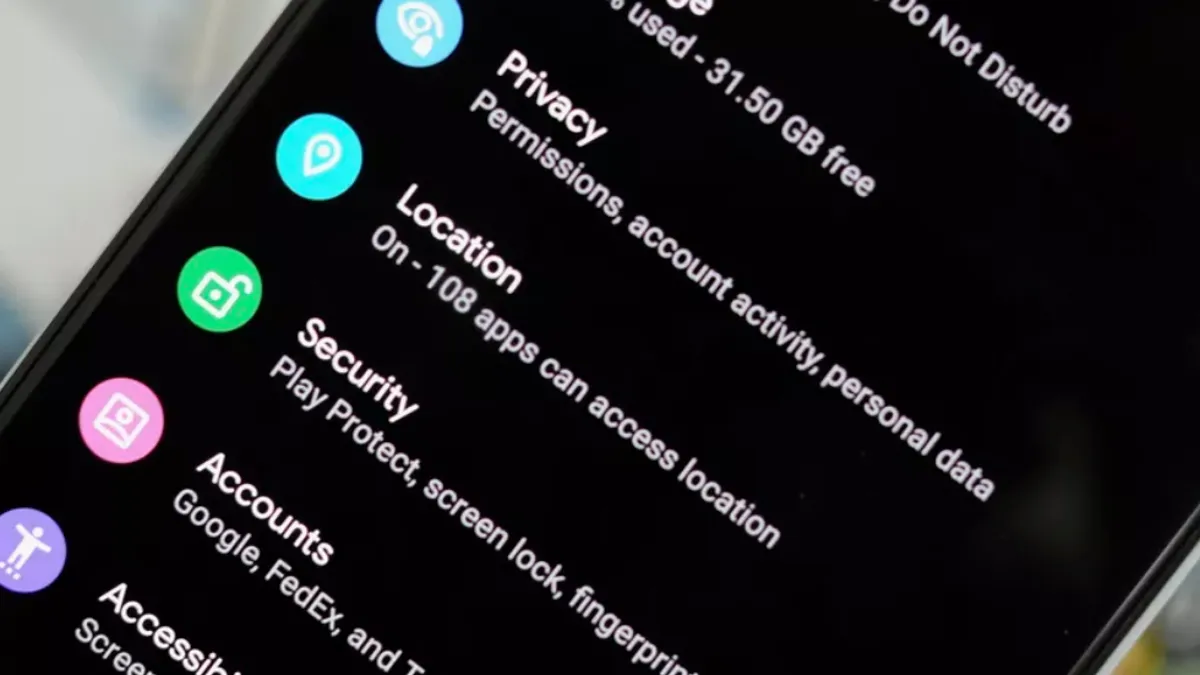


Smartphones have become an essential part of our everyday lives. We use them for everything — from chatting and clicking photos to managing our bank accounts and keeping track of our health. But have you ever stopped to think, “Is my phone watching or listening to me?” This question often pops up when you notice an ad for something you just talked about with a friend. It feels like your phone is spying on you — and in some ways, it just might be.
Let’s explore how app permissions work, what they allow apps to do, and how you can take control of your digital privacy.
When you install a new app, you’re usually asked to allow certain permissions. These might include access to your microphone, camera, contacts, location, or even your photos and messages. App permissions are the digital keys that grant apps access to specific parts of your phone. In theory, this helps the app work as intended — like a navigation app needing your location to give directions. But not all apps ask for access only when they need it, and that’s where privacy concerns begin.
It’s not uncommon to see a flashlight app asking for access to your contacts or a photo editing app requesting permission to use your microphone. These requests might seem harmless, but they often serve one purpose: data collection. Many free apps make money not by charging users but by collecting user data and selling it to advertising networks or analytics companies. The more information they gather, the more valuable they become in the ad world.
The idea that your phone listens to your conversations has become a widely discussed topic. While tech companies like Apple, Google, and Facebook deny this practice, some users report eerie experiences — like seeing ads for things they only mentioned aloud, never typed. Technically, apps with microphone access can listen in anytime, especially if they don’t clarify when the mic is being used. While there's no concrete proof of widespread spying through microphones, it’s certainly possible in theory — and a reminder of how powerful permissions can be.
Even if your phone isn’t “listening” in the way you imagine, it’s still collecting an enormous amount of information about you. Apps track your location, browsing habits, shopping preferences, and even how long you spend on certain pages. This data is used to build a detailed profile that advertisers use to target you more effectively. You become the product, not just the user.
There have been real-life cases where app developers were caught abusing permissions. In one instance, a weather app was secretly tracking user location data and selling it to third-party companies. Another app used camera access in the background without informing users. These incidents raise important questions about trust and transparency. Many users click “Allow” without thinking twice, simply to get an app working quickly. That’s where bad actors can take advantage.
Luckily, you can take simple steps to protect yourself. First, always check what permissions an app is asking for before installing it. If a calculator app wants access to your photos, that’s a red flag. On both Android and iPhones, you can go to your settings and manually control which permissions each app has. Turn off anything that feels unnecessary. Also, make it a habit to review these settings regularly — especially for apps you no longer use often.
There are privacy-friendly alternatives for many popular apps. For example, you can use messaging apps like Signal, which prioritize security and don’t track your data. You can also switch to browsers like Firefox Focus or Brave, which block trackers by default. Choosing apps built with privacy in mind makes a big difference and helps reduce your exposure to data misuse.
Big tech companies have responded to growing privacy concerns by introducing new controls. Apple now shows a dot on the screen when your mic or camera is active, and it recently added an App Tracking Transparency feature. Google has also improved permission settings in newer versions of Android. But even with these improvements, the responsibility still falls on you to stay informed and cautious.
While it’s unlikely that your phone is secretly spying on every word you say, the reality is that many apps are quietly gathering more information than you think. It’s important to understand app permissions and use them wisely. Being informed helps you stay in control of your data and your privacy. The next time an app asks for access, take a moment to think — do they really need it?
Your phone should be working for you, not against you. In a world where data is more valuable than gold, protecting your privacy starts with a few smart choices.